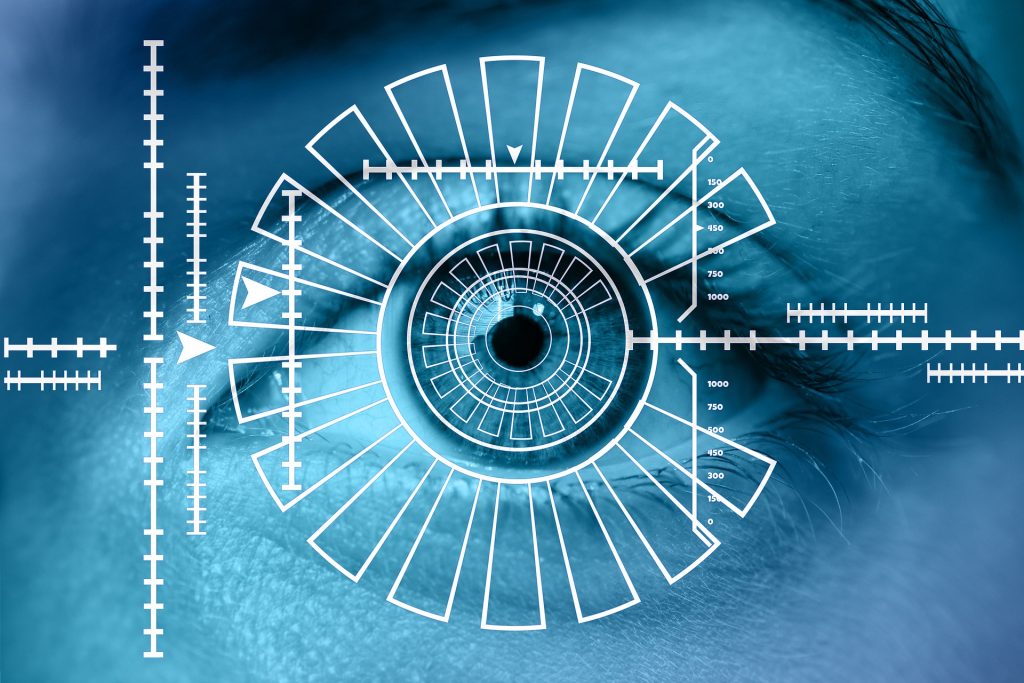Imagine participating in a research study where you don’t have to answer questions on a survey. Instead, researchers track your heart rate, eye movement and brain wave activity as you read a passage, observe specific images, engage in a game-like task or interact with another person.
These data, known as biometrics, can help researchers understand how a person is truly reacting to stimulus. They are common measurements researchers use to look at what’s happening beyond conscious awareness.
Soon, thanks to a Northern Arizona University Acquisition Program (REAP) award, faculty members at NAU will have the tools to measure these data.
Heidi Wayment, an associate dean in the College of Social and Behavioral Sciences and professor in the Department of Psychological Sciences, led the request for the REAP award, which provides more than $98,000 for the purpose of iMotion hardware and software. The award is intended for acquisitions that at least three labs can use in their research. When Wayment put out a call for interdisciplinary partners, she heard back from seven labs: six in the College of Social and Behavioral Sciences and one in the College of Arts and Letters. All of those entities provided matching funds for the purchase of the program.
The iMotion technology tracks biometrics, such as facial expressions, eye movements, skin responses, brain activity and more to give researchers more complete and potentially less biased information. Much of the communications and psychology research for which this will be used has relied on participants sharing their thoughts, which can be colored by a number of self-report biases. Biometric measurements are less susceptible to those types of biases.
“Incorporating this type of complex and multi-channel data into our research programs allows us to expand those programs in exciting ways, complementing more traditional research methods,” Wayment said. “This new equipment will allow us to actually detect emotion, physiological responses to stimuli and eye tracking in ways that are less intrusive and perhaps more objective and more sensitive than self-report. Furthermore, the amount and type of data we can collect with this methodology will allow us to utilize larger scale computational methods.”
The seven labs that were part of the grant proposal are looking at projects ranging from examining military leadership skills; addressing perceptions of concussion risk; predicting engagement with false information on social media; emotion regulation; learning a new language; art therapy; unconscious emotional appraisal during complex cognitive tasks; and caregivers’ responses to infant social cues.
The other faculty members on the request are Ann Huffman, Brian Eiler, Ann Collier, Viktoria Tidikis and Robert Goodman from the Department of Psychological Sciences; Jenny Tsai with the School of Communication; and Vedran Dronjic with the English Department.
Wayment said having this technology also strengthens the impact of future research contributions and increases faculty competitiveness for external funding. Additionally, it will provide 60-75 undergraduate and graduate students research experience each semester.
“There’s just so much we can do,” she said. “That’s really one of the main purposes. It expands our ability to ask important questions that will not only make for more competitive grant applications but also offer our students advanced research opportunities.”



